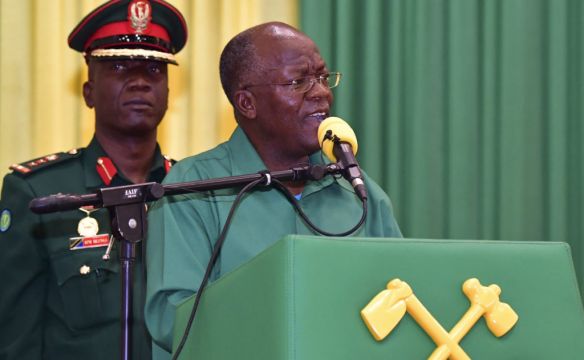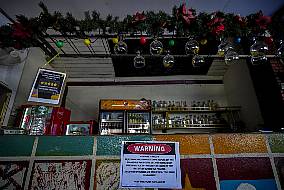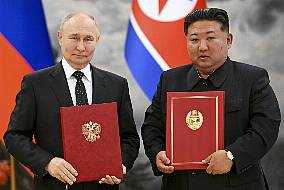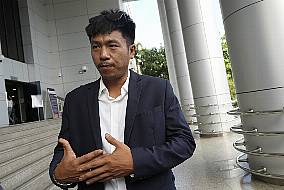Tanzania’s populist President John Magufuli has accepted the official certification of his victory in the East African country’s election last week.
Mr Magufuli, 61, was declared the winner with 12.5 million votes, or 84% of votes cast, and is to be sworn into his second term in a ceremony on Thursday.
Mr Magufuli said that he will not seek another term in office, which is significant because his ruling party, Chama Cha Mapinduzi, has won nearly every seat in parliament, giving it the power to change the country’s constitution to allow Mr Magufuli to run for additional terms.
Some party officials have already spoken publicly about taking measures to allow Mr Magufuli to extend his time in power beyond two five-year terms.
“During the election there were a few challenges but generally the election was safe and peaceful,” said Mr Magufuli in a statement on Sunday.
“This is my second and last term in office.”
In his first five-year term, Mr Magufuli has been criticised for reducing democratic freedoms in Tanzania, one of Africa’s most populous countries with 60 million people.
Mr Magufuli’s acceptance comes a day after Tanzania’s two main opposition parties called for a re-run of last week’s election, alleging widespread fraud and urging people into the streets for an “endless peaceful demonstration” starting on Monday.
Police warned that stern measures would be taken against anyone who tries to take to the streets.
The joint statement on Saturday by the Chadema and ACT Wazalendo parties came hours after Mr Magufuli was declared the winner.
“What happened on October 28 was not an election but a butchering of democracy,” Chadema chairman Freeman Mbowe told reporters, asserting that more than 20 people were killed during the vote.
“We demand the election repeated with immediate effect and the dissolving of the national electoral commission.”

He added: “We announce an endless peaceful demonstration beginning Monday until our demands are implemented.”
The opposition has alleged widespread irregularities before and during the vote in the East African nation that some observers say has taken a sharp turn away from democratic ideals in the past five years.
Allegations include the rejection of thousands of election observers, a massive slowdown in internet and text-messaging services and ballot box stuffing.
Police have acknowledged scores of arrests around the election but no killings.







